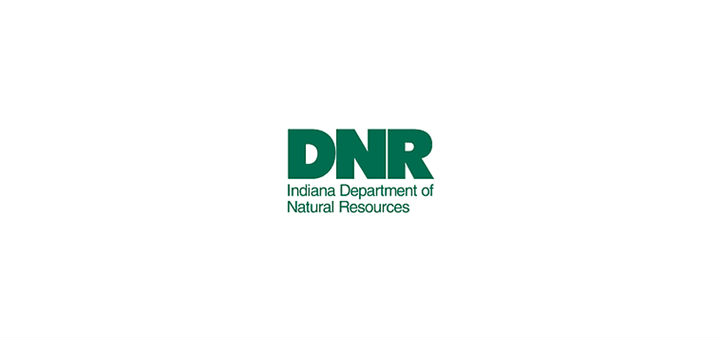Last Updated on June 25, 2021 by Indiana Department of Natural Resources
The Indiana DNR has received reports of sick and dying songbirds from 15 counties statewide. As the investigation continues, the DNR recommends all Hoosiers remove their birdfeeders statewide.
The 15 counties are Clark, Delaware, Hamilton, Jackson, Jefferson, Johnson, LaGrange, Lake, Marion, Monroe, Newton, St. Joseph, Union, Washington, and Whitley.
DNR is working with the Indiana Animal Disease Diagnostic Laboratory (IN ADDL) and the USGS National Wildlife Health Center to determine the birds’ cause of death.
The affected songbirds showed neurological signs of illness as well as eye swelling and crusty discharge.
Several samples have been sent to IN ADDL. All bird samples submitted have tested negative for avian influenza and West Nile virus. Final laboratory diagnostic results are pending.
The following steps are recommended statewide:
• Use the DNR sick/dead wildlife reporting tool at on.IN.gov/sickwildlife to alert DNR staff.
• Stop feeding birds until the mortality event has concluded.
• Clean feeders and baths with a 10% bleach solution.
• Avoid handling birds. If you need to handle birds, wear disposable gloves.
• When removing dead birds, wear disposable gloves and place birds and gloves in a sealable plastic bag to dispose with household trash.
• Keep pets away from sick or dead birds as a precaution.
Additional information will be shared when final diagnostic results are received.
The press release below was originally posted on June 22, 2021
Indiana DNR has received reports of sick and dying songbirds from five counties. DNR is working with the Indiana Animal Disease Diagnostic Laboratory (IN ADDL) and the USGS National Wildlife Health Center to determine the birds’ cause of death.
The five counties are Monroe, Clark, Jefferson, LaGrange, and Lake.
The affected songbirds showed neurological signs of illness as well as eye swelling and crusty discharge.
“Several species are being affected,” said Allisyn-Marie Gillet, DNR ornithologist, “including blue jay, American robin, common grackle, Northern cardinal, European starling, and a few others.
Several samples have been sent to IN ADDL. Gillet said that all bird samples submitted have tested negative for avian influenza and West Nile virus. Final laboratory diagnostic results are pending.
The following recommendations are good practice for anyone who experiences sick or dead wild birds on their property:
• Use the DNR sick/dead wildlife reporting tool at on.IN.gov/sickwildlife to alert DNR staff.
• Stop feeding birds until the mortality event has concluded.
• Clean feeders and baths with a 10% bleach solution.
• Avoid handling birds. If you need to handle birds, wear disposable gloves.
• When removing dead birds, wear disposable gloves and place birds and gloves in a sealable plastic bag to dispose with household trash.
• Keep pets away from sick or dead birds as a precaution.
Additional information will be shared when final diagnostic results are received.
SOURCE: News release from Indiana Department of Natural Resources





